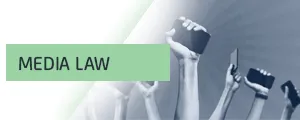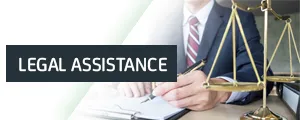What law has the Supreme Court explained?
On September 10, the Adіl soz foundation applied to the Supreme Court of the Republic of Kazakhstan with a request regarding the Regulatory resolution No. 7 dated October 6, 2017 “On several issues related to the application of the provisions of the Special Part of the Administrative Offenses Code of the Republic of Kazakhstan by courts”. In particular the following statement was confusing: “An organizer of a pubic even does not have the right to right to announce its date, place and time in media, Internet or other information networks, as well as by producing and distributing leaflets , posters and other similar materials before he/she is given a permission to hold such event. The organizer will be punished for the violation of this requirement in accordance of part three of Article 488 of the Administrative Offences Code of the Republic of Kazakhstan. ” But the fact is that the law “On the organization and holding of peaceful assemblies, meetings, demonstrations, pickets and demonstrations in the Republic of Kazakhstan” does not prohibit, and Art. 488 of the Administrative Offences Code does not establish administrative responsibility for disseminating information about the upcoming rally before receiving permission to hold it!
Therefore, we asked the author of the Regulatory resolution, i.e. Supreme Court of the Republic of Kazakhstan:
1. What exactly provision of the current legislation does paragraph 16 of the Regulation of the Supreme Court from October 6, 2017 clarify / comment?
3. Why do actions aimed to disseminate information about the upcoming rally before obtaining permission should be qualified as an administrative offense under Part 3 of Art. 488 the Aministrative Offences Code of the Republic of Kazakhstan?
The responce was sent on October 19 and received on October 25. The chairman of the specialized judicial colleague of the Supreme Court A. Kydyrbaeva responded as usual with references to a number of laws that “the position of the Supreme Court on the correct application of the norms of the law can be expressed only within the framework of a petition filed under cassational procedure by parties to an action at law or persons particiating in the case”.
But we did not ask about the correct application of the norms of the law! We wondered why the Supreme Court imposed an extra legal restriction.





